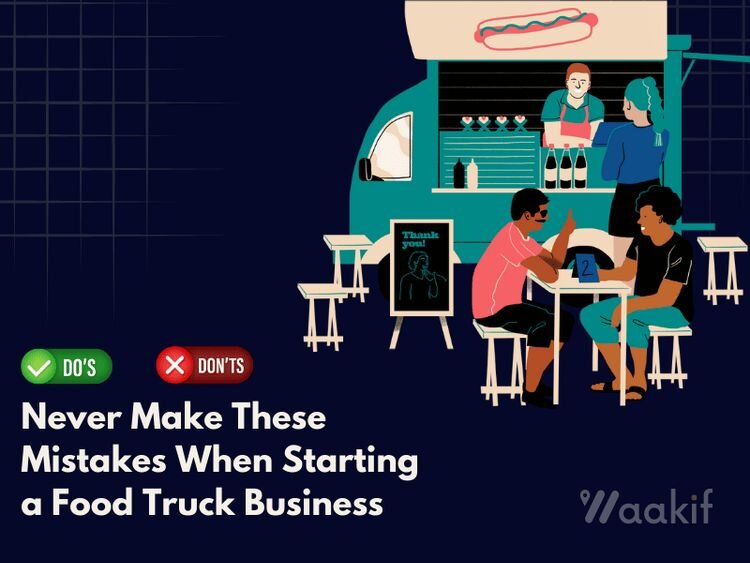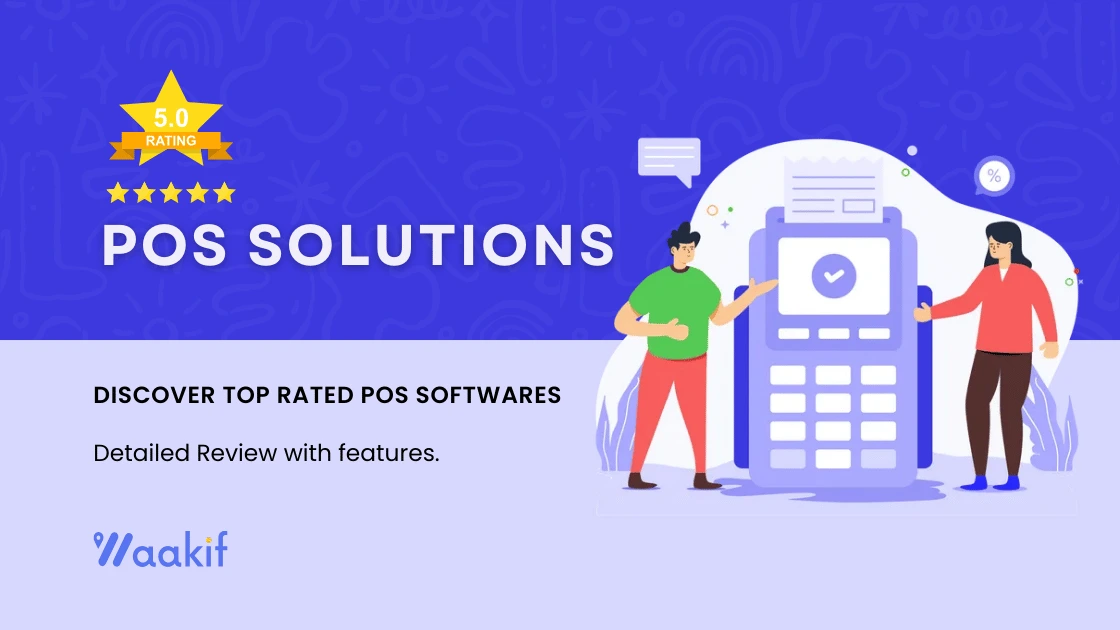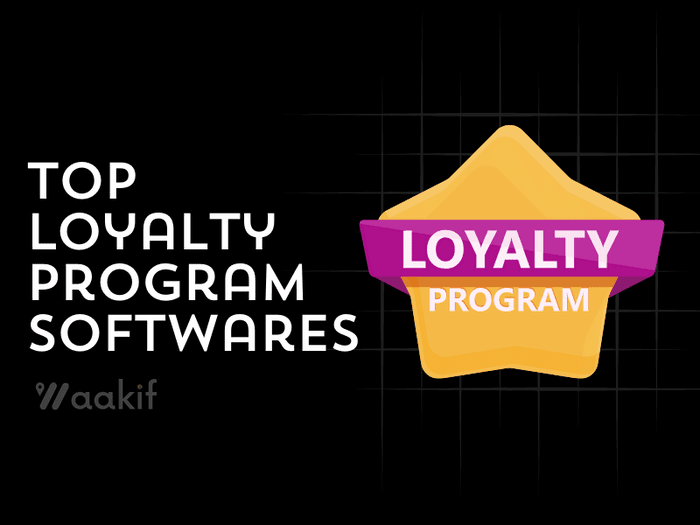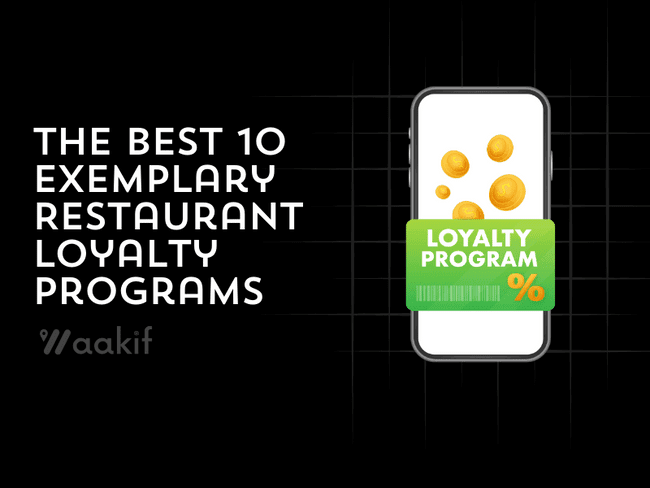Food Trucks are gaining popularity amongst foodies. The Food Truck Business is a great opportunity for culinary entrepreneurs due to its budget-friendly food options and unique dining experience. However, one must start a business by doing research and planning. In this article, you’ll learn everything you need to know about the Food Truck Business Plan.
Table of Contents
- Basic Overview of a Food Truck Business
- Avoid These Typical Errors
- Crucial Elements of a Food Truck Business Plan
- Food Truck Business Start-up Guide
- Additional Insights and Resources
- To Sum Up
Basic Overview of a Food Truck Business Plan
What is a Food Truck Business Plan?
Before creating a food truck business plan we need to understand that this business is a mobile kitchen that cooks and serves food. Originating from the concept of street food, food trucks have evolved into a trendy business model, offering everything from fancy gourmet meals to traditional local snacks.
This concept traces its roots to the 19th century when street vendors sold simple meals from carts. Gradually with the innovations, these carts evolved into modern food trucks.
Why Start a Food Truck?
The food truck market in India is booming, with an increase in urbanization. According to recent studies, the Indian food truck industry is expected to grow significantly over the next decade, making it a successful and profitable option for new entrepreneurs.
These trucks provide several benefits such as lower startup costs, flexibility in location and menu offerings, and the ability to quickly adapt to customer preferences.
Avoid These Typical Errors
Inadequate Market Research
Understanding your target audience is crucial for a successful business. Conducting thorough market research helps you identify your ideal customers, their preferences, and spending habits. Utilize tools like surveys, competitor analysis, and social media analysis to analyze data and ensure your offerings align with customer needs.
Poor Financial Management
Starting a Food truck business requires significant investment initially along with purchasing a truck, kitchen equipment, and inventory. You can check various budget options such as applying for loans, seeking investment from investors, or launching a crowdfunding. It is essential to calculate initial investments and ongoing costs accurately to manage expenses.
Unsuitable Location Choice
It is essential to choose the right location to attract customers. Select a busy street, park, or area with high traffic, where you can draw more customers. Operating a truck requires various permits and licenses, including health permits, business licenses, and parking permits. Research the specific requirements in your area and ensure compliance with local regulations to avoid fines.
Neglecting Competitors
Analyzing your competitors’ strengths and weaknesses can help you provide insights into identifying opportunities in the market. Offer exceptional customer service, and unique menu items, engage with your customers, and develop a strong brand identity that reflects your business’s value.
Crucial Elements of Business Plan
Executive Synopsis
Your Business plan should begin with a compelling Executive synopsis that outlines your business idea, vision, key goals, and objectives. It should capture the essence of your food truck concept and highlight its unique appeal.
Company Description
Define your business structure, whether it’s a sole proprietorship, partnership, or corporation. Provide information about the ownership and management team. Define your business’s core values that help you with decision-making.
Operational Plan
Outline the day-to-day operations, including food preparation, service, customer interaction, cleanup, and maintenance. Develop an inventory management system to track stock levels, and ensure a steady supply of fresh ingredients.
Financial Plan
Outline how your truck will generate revenue through sales, catering, and events. Create detailed financial projections, including income statements, cash flow estimates, profit analysis, and balance sheets.
Market Analysis
Analyze the trends of the food truck industry, including market size, opportunities, and challenges. Identify your target customers, including their preferences, and needs. Describe how your food truck will meet their needs.
Marketing Strategy
Outline how you’ll reach your audience through traditional advertising methods and social media marketing campaigns. Consider multiple sales channels, such as direct sales from the truck, catering, or online ordering. Mention your pricing strategy according to the competition and customer’s preferences.
Management Structure
Define the roles and responsibilities of each team member, including cooks, cashiers, and managers. Create an organizational chart that defines the hierarchy and reporting structure which will ensure smooth communication and operations.
Food Truck Business Start-up Guide
Outline Your Concept
Create a menu that aligns with your concept and caters to customer preferences. Test your menu items through tastings or events to collect reviews and make improvements. Develop a USP (Unique Selling Proposition) that sets your food truck apart from competitors. It could be a signature dish, a unique theme, or an innovative service approach to enhance your Food Truck Business.
Prepare a Business Strategy
Follow the Crucial Elements mentioned above in this article to create a comprehensive business plan. Provide detailed information to convey your business vision and strategy effectively. Regularly review and update your business plan according to the market trends. A strong and effective plan helps you adapt to new challenges and opportunities.
Acquire Funding
You can explore different financing options such as bank loans, crowdfunding, personal savings, and investors. Choose the option that aligns with your financial goals and risk tolerance. Prepare a captivating presentation about your Food Truck Business Plan highlighting your business concept, growth potential, and financial structure to draw investors.
Secure Licenses and Permits
You must research, compile the necessary documents, and obtain the required permits and licenses. Follow a systematic approach to ensure compliance with all legal requirements along with Health and Safety standards. You can anticipate health inspections and can face challenges like unforeseen costs or bureaucratic delays. Be proactive in addressing these issues and seek legal advice if needed.
Purchase and Customize Your Food Truck
Choose a truck that suits your business needs in terms of size, equipment, kitchen layout, and mobility. Consider the space required for cooking and storage along with factors like fuel efficiency and maintenance costs. Invest in quality equipment required for the kitchen that enhances your operations. Customize your truck’s interior and exterior that create efficient working space and reflect your brand identity.
Build Your Brand Identity
Create and design a logo that reflects your food truck’s brand identity and appeals to your target audience. Create your brand’s website to provide insights into your Food Truck Business through Blogs. Use flyers and business cards to promote your brand. Establish an online presence through different social media platforms such as Facebook, Instagram, and Twitter.
Launch and Promote Your Food Truck
Launch your Food Truck Business with social media marketing campaigns, newsletters, and flyers to draw customers. Focus on customer service and engagement to build loyalty. Encourage customer feedback and implement loyalty programs to reward repeat customers. Host social media contests or live events for customer engagement.
Additional Insights and Resources
Networking and Collaborations
Engaging with your community and building a strong network in the food industry can provide valuable support and opportunities. Collaborate with other food truck owners, local businesses, and suppliers to share insights and resources.
Participate in food truck festivals, community events, and trade shows to enhance your presence in the food business. Connect with other food truck owners and potential partners during these networking events.
Learning and Adapting
Stay informed about industry trends, consumer preferences, and emerging technologies. This can help you adapt your business according to emerging trends and identify areas of improvement.
You can seek customer feedback through surveys and use it to improve your service. Regularly assess your business performance and make necessary adjustments to stay competitive along with improving skills and knowledge.
Do’s and Don’ts for Starting a Food Truck Business
Do’s:
- Learn About People: Find out what people like to eat.
- Make a Plan: Write down what you want to do with your food truck.
- Pick a Good Spot: Choose a busy place where lots of people go.
- Buy Good Stuff: Get good cooking tools and a nice truck.
- Be Different: Have special foods that people can’t find anywhere else.
- Create a Logo: Make a cool picture for your food truck.
- Follow Rules: Get all the permissions you need.
- Make Friends: Talk to other food truck owners and work together.
- Keep Checking: See what new foods people like and keep improving.
Don’ts:
- Don’t: Don’t skip learning; don’t begin until you know what people want.
- Don’t Spend Too Much: Watch out for your cash.
- Don’t Pick a Bad Spot: Stay away from places where no one goes.
- Do not buy cheap items; they are likely to break quickly.
- Don’t forget to get the word out about your food truck.
- To stay out of danger, you should follow all the rules.
- Do not forget about your rivals: Learn from what other people do and make it better.
- Pay attention to what people say about your food. Keep them in mind.
- Don’t give up. To get better, try something new every time.
To Sum Up
Starting a Food Truck Business is not easy, as it requires proper planning and execution. In this article, we’ve explored the crucial elements of a successful Food Truck Business Plan and typical errors to avoid when starting this business. From thorough research and financial planning to exploring the latest industry trends and building your brand identity, each step is important to your success.
Launching a food truck business is an exciting opportunity to share your culinary passion and creativity. With dedication and strategic planning, you can overcome challenges and build a successful business.
Start planning your food truck business with determination and the right strategy by utilizing the resources and insights provided in this article. Consider seeking additional support to enhance your business plan so that you can build a successful Food Truck Business.
Also checkout How to Write a Winning Restaurant Business Plan: Step-by-Step Guide for 2025!
How Waakif Can Help?
Waakif can help you with POS management, Managing customers, and offering loyalty points.








